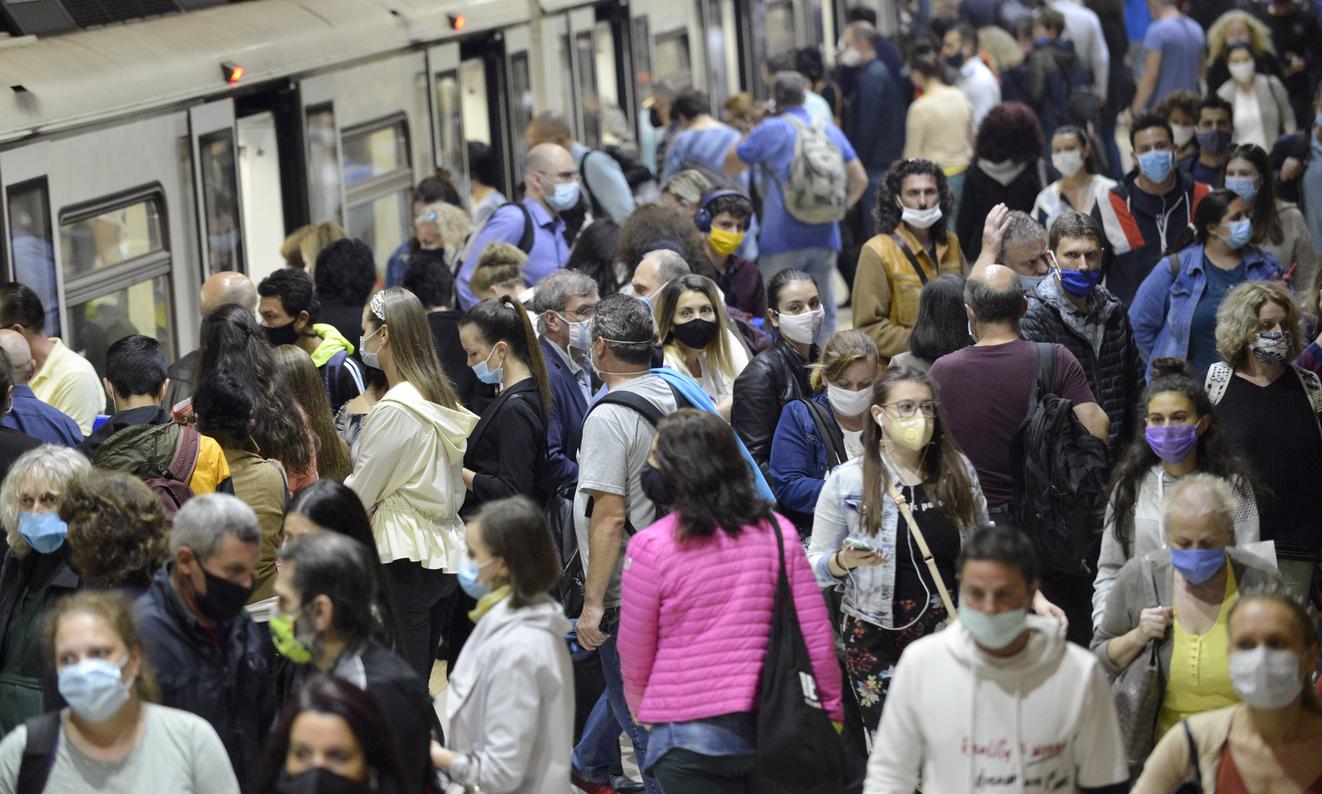The Ebola virus is spreading ever faster in the Democratic Republic of Congo, where there have been more than 700 deaths since August, including 100 in the past three weeks.

The Red Cross is concerned about the rapid evolution that the Ebola epidemic has recently taken in the Democratic Republic of Congo, in particular because of the armed conflicts which have delayed certain medical interventions (care, prevention, etc.). Since August, the health authorities have counted 751 deaths (report of April 9), including 100 in the last three weeks.
Lhe number of new contaminations identified each week practically tripled in March, according to Médecins sans frontières. Just Tuesday, 18 new cases have been diagnosed, the highest figure since the outbreak began, the International Federation of Red Cross and Red Crescent Societies (IFRC) said in a statement.
“No difference in our commitment”
“The fact is that Ebola is now spreading faster and faster and many people are no longer seeking care. It is clear that some vulnerable communities do not trust people responding to Ebola,” said the IFRC Health and Care Director. “Our research and experience shows that when extensive community engagement takes place, acceptance of outside help improves dramatically,” he added.
Despite the seriousness of the situation, the WHO did not declare the epidemic a “public health emergency of international concern” during the 2nd meeting of the World Health Organization (WHO) Emergency Committee held on April 12. In particular because “the epidemic has not spread internationally”. This decision “makes no difference in terms of our commitment and our ability to fight the epidemic”, said the director general, Dr Tedros Adhanom Ghebreyesus.
Already last October, WHO experts considered that the situation in the DRC was “very worrying” but did not constitute an “emergency of international concern”. However, the latter call for “redouble our efforts” to detect new contaminations “as soon as possible” and follow the relatives of confirmed patients in order to limit the scope of the disease. virus.
.














